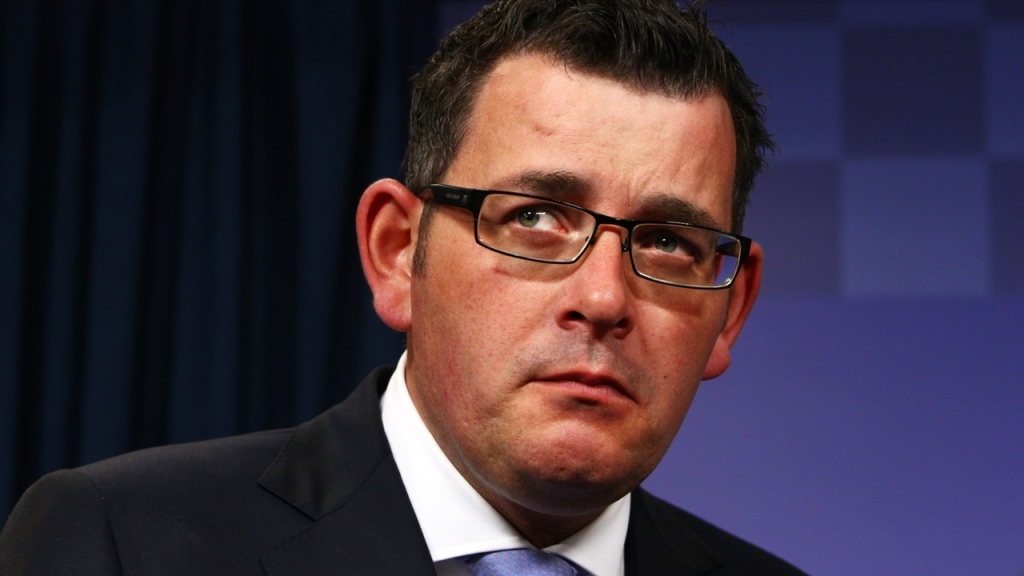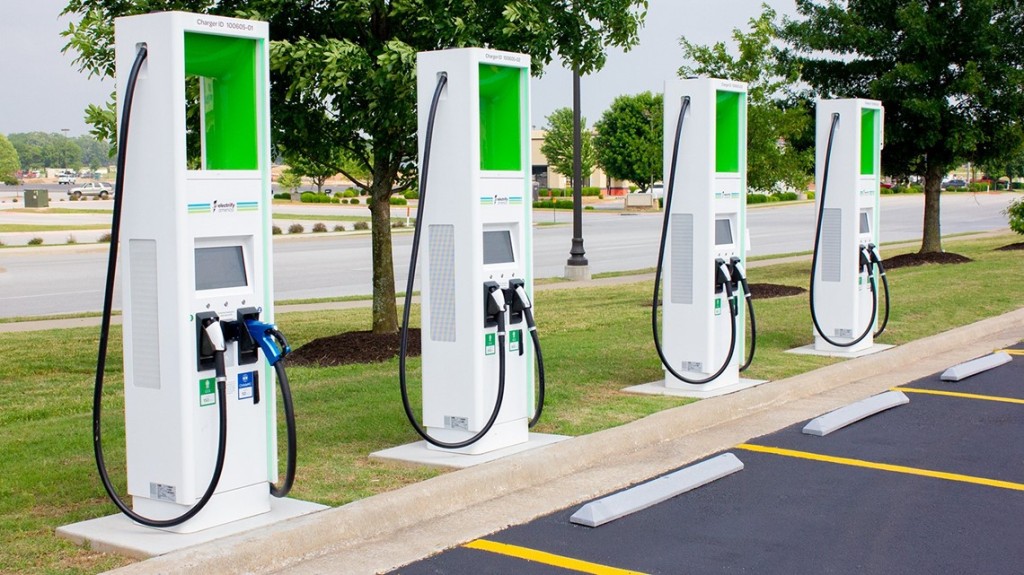As another G7 meeting winds up, it was heartening to see the concern and commitment the leaders showed for tackle Climate Change. G7 environment ministers agreed that they will deliver climate targets in line with limiting the rise in global temperatures to 1.50C. That is far more ambitious than the previous 20C maximum. Ministers also agreed to stop direct funding of coal-fired power stations in poorer nations by the end of 2021.

These commitments are good news to the ears of those of us with real concerns about the Climate crisis that is coming. Already there is a growing trend around the world to end singly use plastics, finding sustainable and green alternatives to energy production, and some viable developments to switching to electric cars. In this article it is this latter development that I want to explore and Australia’s short sighted response to this promising and sustainable industry.
An electric car is a car that is propelled by one or more electric motors, using energy stored in rechargeable batteries. Compared to internal combustion engine vehicles, electric cars are quieter, have no exhaust emissions, and lower emissions overall. In the United States, as of 2020, the total cost of ownership of recent electric vehicles is cheaper than that of equivalent internal combustion engine cars, due to lower fuelling and maintenance costs. Charging an electric car can be done at a variety of charging stations; these charging stations can be installed in both houses and public areas. Sales of electric vehicles grew by 39% last year, and the forecast is that sales will balloon to a massive 28% of new global car sales by 2030, and 58% by 2040.
Of course, this is only a partial solution to curbing Climate Change if electricity is still generated using coal power. But it is clearly a step in the right direction. There are promising opportunities too for developing a local electric car manufacturing industry, promoting local jobs and opportunities. So it was with great dismay that I learned that the Andrews government in Victoria brought in legislation for a tax on electric vehicle drivers. The tax passed without amendment in both houses of the Victorian parliament. This will mean electric vehicle drivers pay 2.5 cents for every kilometre travelled from July 1.

As you can imagine, the Victorian Green party strongly opposed the bill, but it passed 19-14 with the support of crossbenchers. Greens MP, Sam Hibbins, said the tax would make Victoria a global laughing stock, ensuring the state would continue to lag in the switch to electric vehicles. The Green’s transport spokesman called it climate vandalism.
Of course it is about money. The tax is expected to raise $30 million over 4 years and is forecast to cost the average electric vehicle owner between $260 and $300 annually. While this is about half the rate of what other vehicle owners pay through the fuel excise, it has the scope to creep up.
While everyone who uses our roads should pay their fair share of tax to maintain them, there is so much more at stake. Already one of the major barriers to switching to electric vehicles is their price. Due to the Australian government’s refusal to offer any meaningful subsidies to consumers, as other authorities have done in Europe and the US, the cost of electric vehicles vs. petrol is noticeably higher. In some cases the price can be double that of the petrol-powered variant making electric vehicles less attractive to anyone hoping to save money when purchasing a new car.

Range is also another issue. The petrol car with the highest range is the Toyota Land Cruiser Prado, which has a 1,875 km range on a full tank, as opposed to the highest performing electric vehicle, the Tesla Model S, which has a top range of 647 km. Factored into this is the lack of infrastructure to support electric car owners. Currently, petrol stations can be found anywhere in Australia, including the outback. But, as yet, finding an electric charging station presents a challenge. There are still only 2307 Australia-wide electric charging stations. Of course these factors can change with the growth in popularity of electric vehicles and technological advances in the industry that may bring the price down.
The point is clear – current Australian government thinking, both Federal and State, is short term profits outweigh any concern for the environment or our future. Climate Change is still far from taken seriously, and as a result Australia will be left behind.
